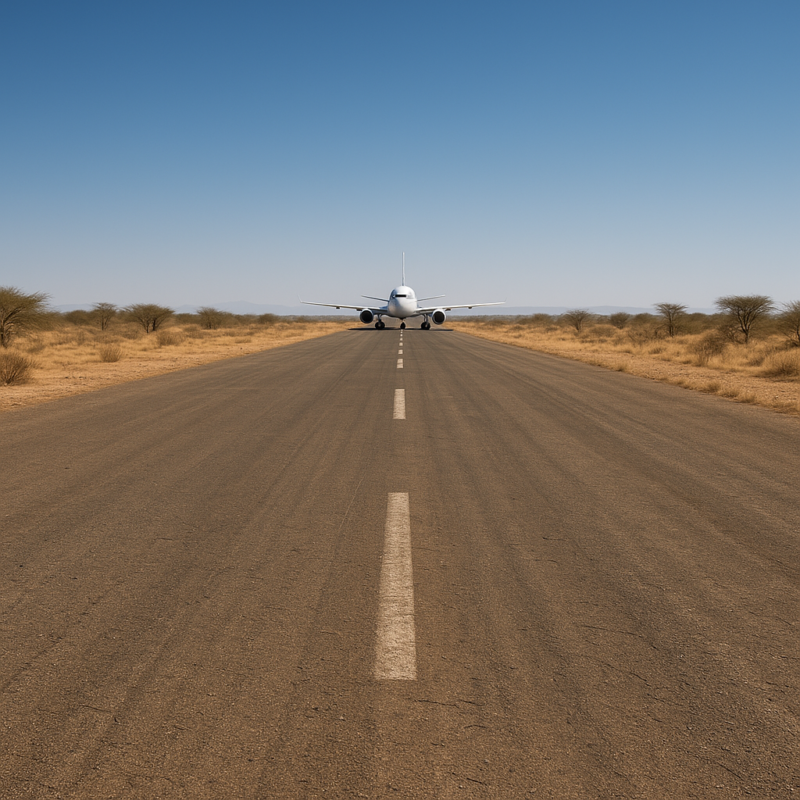Dhahar, Somalia – Tensions between Somalia’s federal government and Puntland authorities escalated sharply following deadly clashes in Dhahar town, eastern Sanaag region, that left five people dead and at least ten others wounded.
The violence, which erupted on Tuesday, is widely believed to be linked to the controversial federal-backed reconciliation conference in Las Anod, a disputed town claimed by both Puntland and Somaliland. The meeting, aimed at finalizing the status of the self-declared SSC-Khaatumo administration, has been fiercely opposed by both Puntland and Somaliland, which view it as an encroachment on their territorial claims.
In dueling statements issued late Tuesday, Puntland officials in Garowe accused the federal government in Mogadishu of “inciting unrest and undermining regional stability”. They claimed that the Dhahar confrontation was a direct result of federal interference in local matters and warned of consequences if such actions continue.
In response, President Hassan Sheikh Mohamud’s administration rejected the allegations, calling for calm and dialogue. A government spokesperson urged Puntland President Said Abdullahi Deni to “immediately end hostilities and refrain from further escalation.”
The federal statement emphasized its support for peace and unity in Somalia, defending the Las Anod conference as a legitimate step toward addressing longstanding grievances in the region.
So far, Somaliland has remained silent on the Dhahar incident and the broader political fallout, despite its proximity to the contested areas and historical claims over eastern Sanaag and Sool regions.
The situation remains tense, with fears of further violence as political rivalry between federal authorities and Puntland deepens, just months ahead of anticipated electoral activities in several regions. Local elders and civil society groups have called for international mediation to prevent the conflict from spiraling.
This latest confrontation underscores the fragility of Somalia’s federal system and the urgent need for comprehensive dialogue on power-sharing and territorial governance, especially in contested border regions.



